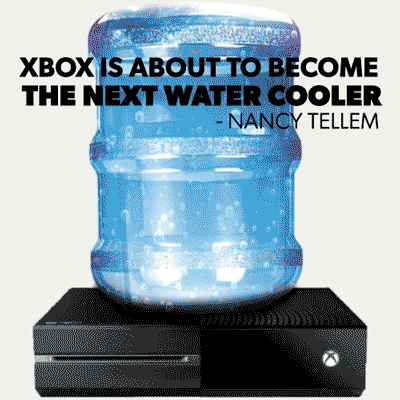Backwards compatibility; Why is this a bad thing? I don't even recall what Sony said when they nixed theirs from PS3. Something about it being inefficient? Too much of a burden on the highly advanced system? Not sure what the excuse was, but it was a feature dropped from the later generations of the unit. Not so for MS and Xbox (at least not completely) I know not about the rest of you, but new systems need games. But most times said release titles are few or just lacking in appeal. Thus I'll pick up one if not two of the initial products available. Still I like to play things from my previous library. Is having access to more games on your new system really that much of problem?
How would rental games work? Would they work at all? Is it like Jim said MS trying to cut out/down on used game sales? Digital downloading is doing that already. I own quite a few nonphysical games now thanks to Steam, Origin, etc. But I guess they want people to keep people from borrowing games as well. I let friends borrow my PS3 or 360 games when I'm not playing them (hell of a time getting them back)
What's really bugging me is how the systems are getting further and further from their intended purposes; playing games. Like someone stated people use mobile devices for everything, but make phone calls. It's silly for consoles to do the same. They were already dwarfed versions of PC, but trying to be multimedia device pushes them over that line. A line that they shouldn't cross only because there's cheaper and better units (PC) to be had. My desktop is made to do multiple things, but I choose my consoles to play games. That's it. I don't want a social network, I don't want a TV streaming device (I have a TV)I make friends online I add them to my list. We send messages back and forth, get a ding when they come online, that's fine. Both systems are trying too hard. Stick to what you do best. Don't try to put all the extras when the basics are lacking. Just like these recent "AAA" game releases; great graphics with little substance. Rather than making something people want they're making what they want you to buy.


